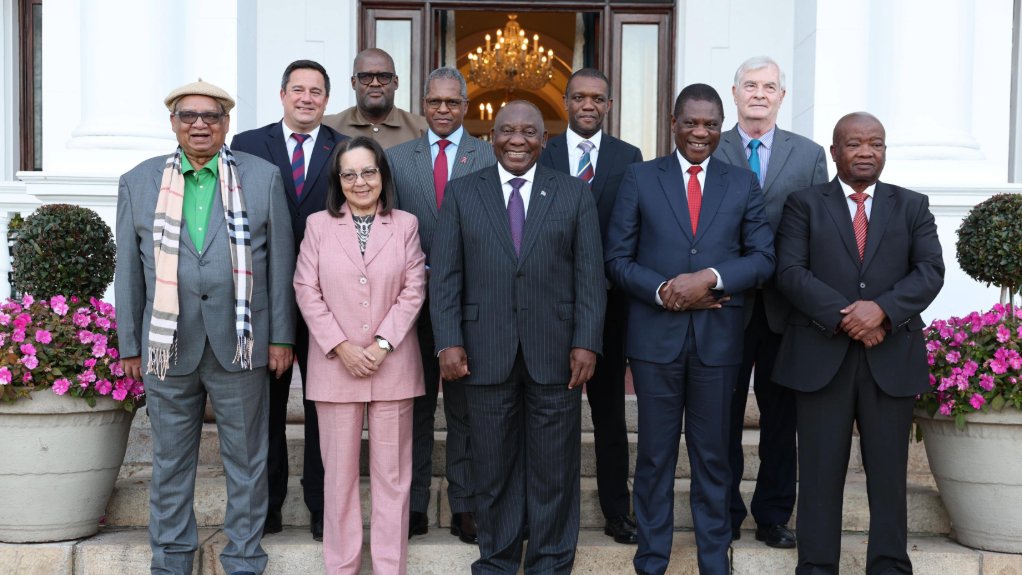/ MEDIA STATEMENT / The content on this page is not written by Polity.org.za, but is supplied by third parties. This content does not constitute news reporting by Polity.org.za.
Those with a stake in South Africa’s economy have broadly welcomed the advent of South Africa’s first national coalition cabinet. The value of the Rand, and business confidence, are up, fuel price is down, electricity provision is stabilising – and the Springboks are dominant.
Whether or not the glue holding the GNU together retains its grip, however, will largely be determined by a different group of South Africans: The masses of people on the margins of the economy. Last month, 17 million South Africans of voting age applied for the R370 Social Relief of Distress Grant.
To put the strength of that number into perspective, the country’s two largest parties in the May general election received a combined 19.5 million votes.
Getting the economy growing again, after spending the past 15 years in a trough, is fundamentally important to the country’s stability and development. But, without direct state intervention, even a sustained period of economic growth will not address the job deficit, poverty and unaddressed reverberations of apartheid.
With a local government election due in two years, the GNU’s greatest challenge – indeed, South Africa’s greatest challenge – is to prioritise improving the quality of life of those on the margins, and quickly demonstrate the ability to do so.
If it fails to rise to that challenge, the GNU will unravel.
A GOOD place for the GNU to show where its priorities lie would be to respond to the clear need expressed by the 17 million SRD Grant applicants and introduce a Basic Income Grant of at least R1,000 a month so that all South Africans can meet their basic needs to eat.
Holding the disparate parts of the GNU together, with their fundamentally different views on the State’s role in effecting social, economic and spatial justice – while at the same time demonstrating new-found vigour in delivering to marginalised communities, in a constrained economy – will require extraordinary strength and dexterity from President Ramaphosa and his Cabinet.
Their first 100 days in office provide an insufficient measure of the GNU’s leadership, muscle and vigour. Over the next 100 days, these qualities will come under sterner examination.
Developments in Tshwane Municipality, with the NHI and BELA Bill, among others, will sorely test relationships, while in the provincial realm, the Western Cape plan to scrap thousands of teachers’ posts next year needs to be firmly slapped down.
The GOOD Party remains firmly committed to supporting the GNU. The results of the May poll indicate that South Africa is likely to have entered a sustained period of coalition government. A stable coalition government is imperative for South Africa to move forward.
Issued by Brett Herron, GOOD: Secretary General
EMAIL THIS ARTICLE SAVE THIS ARTICLE ARTICLE ENQUIRY
To subscribe email subscriptions@creamermedia.co.za or click here
To advertise email advertising@creamermedia.co.za or click here











